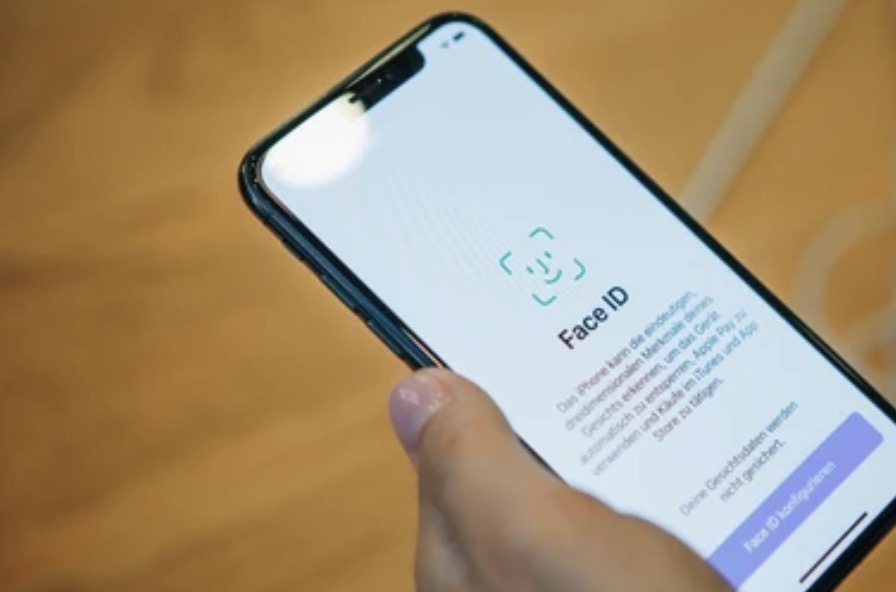
Nokia Played Key Role in Enabling Russia’s Cyberspying, Says NYT
A new report claims that Nokia helped — perhaps unintentionally — the Russian government track internet, phones, and texts.

After Nokia stopped selling its gear to Russia and denounced the invasion of Ukraine, the company nonetheless left behind equipment and software connecting the government’s most powerful tool for digital surveillance to the nation’s largest telecommunications network, reads a new report from The New York Times.
For many years, the Finnish network equipment maker supplied Vimpelcom, Megafon and Tele2 in Russia, but a vast proportion of its business there came from MTS, Russia’s largest telecom service provider.
Nokia provided equipment and services to link Vladimir Putin’s System for Operative Investigative Activities (SORM), to MTS, according to 75,000 company documents read by the Times.
“While Nokia does not make the tech that intercepts communications, the documents lay out how it worked with state-linked Russian companies to plan, streamline and troubleshoot the SORM system’s connection to the MTS network,” the paper says. “Russia’s main intelligence service, the FSB, uses SORM to listen in on phone conversations, intercept emails and text messages, and track other internet communications.”
The Times also indicates that Nokia was aware of what Russia was doing with the tech, which was worth hundreds of millions of dollars to the publicly listed company over many years. It is not by any means the only such business trading with the country, inadvertently helping in some way to spy on dissidents and political rivals.
“While Nokia does not make the tech that intercepts communications, company documents lay out how it worked with state-linked Russian companies to plan, streamline and troubleshoot a surveillance system known as SORM or System for Operative Investigative Activities, connected to telecom service provider MTS’ network,” explains the report. “Nokia said that it was required to make products that would allow a Russian telecom operator to connect to the SORM system under Russian law.”
Nokia quickly responded to the article’s claims, saying that it does not “manufacture, install or service SORM equipment or systems.”
“Nokia is one of many network infrastructure providers who supplied the Russian market,” the Finnish company claims.
“The article claims Nokia networks play an active part in enabling SORM equipment. This is incorrect. Like any other network infrastructure suppliers, Nokia is required to ensure that the networking products we sell have passive capability to interface with lawful intercept equipment of law enforcement agencies. This is governed by internationally recognized standards, as well as local regulations. All Nokia deals go through a strict Human Rights due diligence process that has been externally assessed and vetted by the Global Network Initiative (GNI). We are the first and only telecommunications equipment vendor to have this external assessment in place.”
Read the original report over at The New York Times and Nokia’s response on their newsroom.

